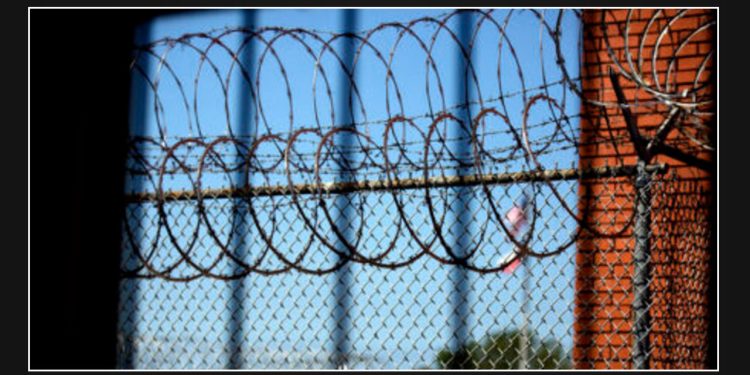According to a recent report, a law in Texas that was designed to help individuals who have been wrongfully convicted due to flawed scientific evidence is not functioning as planned, even after a decade of its inception.
Back in 2013, the Junk Science Writ, also known as Article 11.073, was passed by the Texas Legislature. This law aimed to provide an avenue for prisoners to contest their convictions if new scientific evidence, such as DNA or fingerprints, casts doubt on the fairness of their trial.
The Texas Defender Service has recently released a report stating that the statute is not achieving its intended objective.
Estelle Hebron-Jones, director of special projects at Texas Defender Service and the report’s lead author, expressed her concern that the statute was not sufficient in protecting individuals who were wrongfully convicted due to unreliable scientific evidence.
Hebron-Jones and her team analyzed 74 cases spanning from September 2013 to December 2023 and discovered that a mere 15 individuals had their cases overturned. Interestingly, prisoners who were facing the death penalty accounted for 34% of these cases, yet none were ultimately overturned.
According to the report, individuals who represent themselves in the process are often denied. Out of the 74 applications, 19 were submitted by individuals without lawyers. Shockingly, only one out of those 19 people has ever received relief. The report further indicates that numerous individuals who seek relief under 11.073 are not even considered for their claims due to “procedural issues.”
Hebron-Jones highlights that the Texas Court of Criminal Appeals has a tendency to impose a more stringent standard than what the statute mandates. They typically require tangible evidence of “actual innocence” rather than simply flawed forensic evidence.
Hebron-Jones emphasized the importance of completely eliminating any potential feelings of guilt. However, this may not always be feasible, especially if a significant amount of time has elapsed or depending on the nature of the offense.
The report highlights that a significant 73% of cases that were overturned by the state’s appeals court not only proved the wrongful conviction but also provided concrete evidence of their actual innocence.
The Texas Court of Criminal Appeals was recommended the following by the report:
-
- Revise the standard for granting relief under Article 11.073;
- Amend the law to include cases where faulty scientific evidence was used in the penalty phase;
- Expand access to legal representation to potentially avoid dismissals for procedural issues;
- Implement a review process when the state makes decisions on Article 11.073 applications.
Hebron-Jones expressed that amending the system to ensure that individuals with valid claims can have access to a court and be heard would be a significant improvement.
Read More:
- Questions raised following Texas Neo-Nazi attack
- Texas Man’s Execution Looms as Lawyers Challenge Conviction on Discredited Shaken Baby Hypothesis


